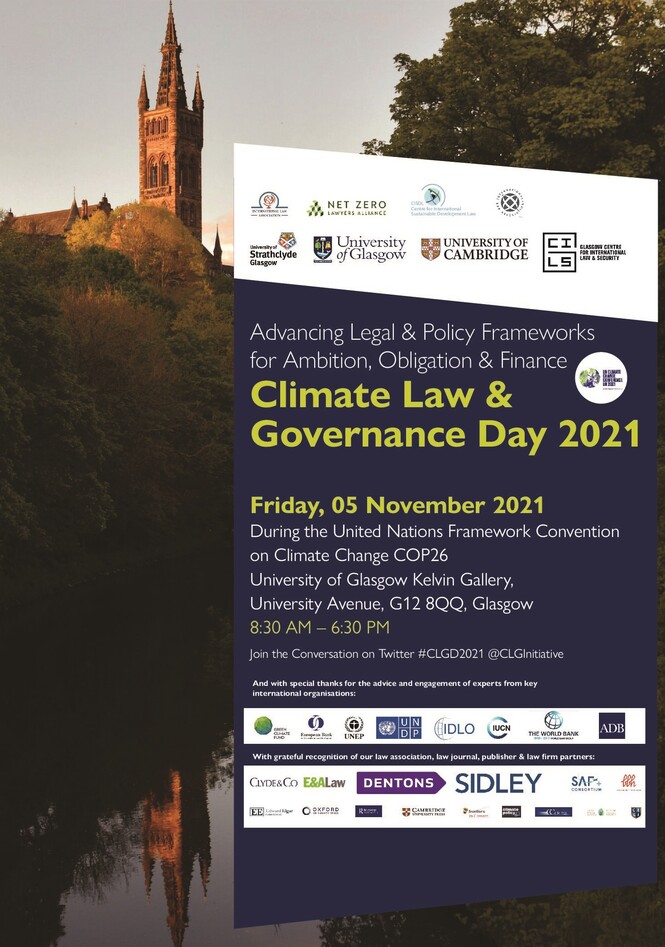
CISDL, an independent international legal research institute, is working with IFRC to support legal and policy reforms for advancing climate resilience in domestic contexts, and to debate and inform legal and institutional advancements, bringing together experts and supporting global legal action.
Dr Tommaso Natoli, IFRC Disaster Law Advisor, participated in a panel on ‘Conservation Pathways & Climate Action: Implementing Nature-Based Law & Policy Solutions to Climate Change’ with the Universities of Costa Rica, Cambridge, Dublin and Strathclyde.
Dr Natoli talked about the role of nature in the Dominican climate-resilient sustainable development model, feature in the IFRC Disaster Law study on the Commonwealth of Dominica – one of the most exposed countries to climate-related disasters. As part of his presentation, he illustrated howa combination of formal and informal normative processes can lead to a more coherent and integrated climate risk governance at the national level, while at the same time putting nature and the ecosystem at the centre of this model.
Subsequently, the Climate Law and Governance Day 2021 provided an important opportunity to share ideas, debate trends and build legal momentum on how to address the impacts of climate-related disasters. Dr Natoli joined the roundtable on ‘Climate Migration Challenges for Governance’, hosted by Albany Law School Center for Global Governance & Emerging Law and IFRC.
He illustrated the Red Cross and Red Crescent Movement’s strategic approach to disaster displacement and the importance of having a clear legal and regulatory framework that allocates roles and responsibilities and establish effective measures to meet the needs of those displaced. He also shared updated information on how IFRC Disaster Law is currently supporting legislative reforms to ensure more effective governance of these phenomena at the domestic and local levels.
The events attracted over 1,100 registrants from more than 120 countries in person and online, across 16 world-class leading sessions and 3 high-level plenaries, thus providing an important opportunity to share ideas, debate trends and advances, and build legal momentum for climate action.